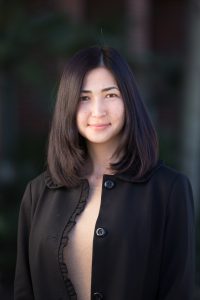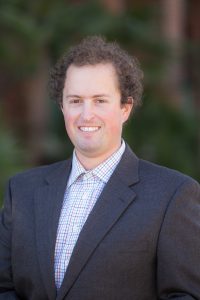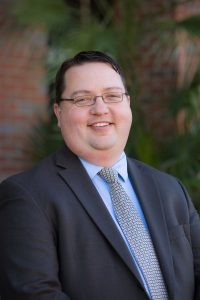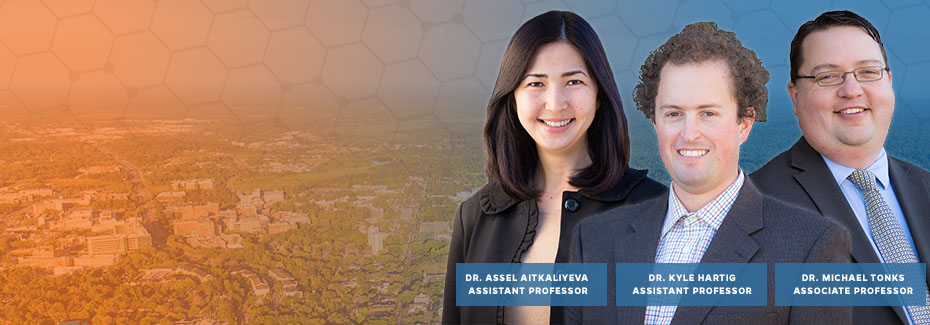
Assel Aitkaliyeva
Assistant Professor
Nuclear Engineering
Assel Aitkaliyeva joins the faculty of the University of Florida after spending five years at Idaho National Laboratory, where she worked with a wide range of nuclear fuels, including U-Mo, U-Pu-Zr, MOX, UO2, and ATF concepts. Her research group focuses on radiation tolerance of materials, characterization of nuclear fuels, and understanding the structure-property relationships in materials subjected to harsh environments. Her previous research earned her the United States Department of Energy FCRD Excellence Award in 2016 and the INL Early Career Exceptional Achievement Award in 2015.
“In nuclear reactors, materials are subjected to extreme environments where a combination of radiation, high temperatures, and stresses degrade their performance. I want to understand how radiation changes materials, for better or worse, and how we can improve materials and fuels with the goal of making nuclear the to-go choice for energy production.” – Assel Aitkaliyeva, Ph.D.
 Kyle C. Hartig
Kyle C. Hartig
Assistant Professor
Nuclear Engineering
Kyle Hartig brings expertise in optical-based sensor techniques to the University of Florida. His research group focuses on building sensors to study active and passive remote sensing and nuclear proliferation activities. He earned his Ph.D. from Pennsylvania State University, during which he spent a year in Washington, D.C., through the National Nuclear Security Administration graduate fellowship working for the NNSA on nuclear activities related to the United Nations. Hartig received the Pacific National Laboratory National Security Directorate Top Research Highlight Award.
“If you are sitting at a university or lab anywhere in the world and are writing a grant for remote sensing, I want to develop UF and our department to be the one that researchers call because we will be the team that has the nuclear expertise and capabilities to help you set up and perform your studies.” – Kyle C. Hartig, Ph.D.
 Michael Tonks
Michael Tonks
Associate Professor
Materials Science & Engineering
Before coming to the University of Florida, Dr. Tonks worked as an assistant professor at Pennsylvania State University in the Department of Mechanical Engineering and, prior to that, worked at Idaho National Laboratory as a staff scientist. Tonks’ computational research situates him at the intersection of materials science and nuclear engineering. His primary focus is on how the properties of materials change over time and, at the same time, how those microstructures are affected by harsh environments. His research earned him the Presidential Early Career Award for Scientists and Engineers in 2017.
“When it comes to materials, I want to make sure we can use tools to design items to perform well at the beginning of life and continue to perform well throughout their life as things are changing within the materials.” – Michael Tonks, Ph.D.

